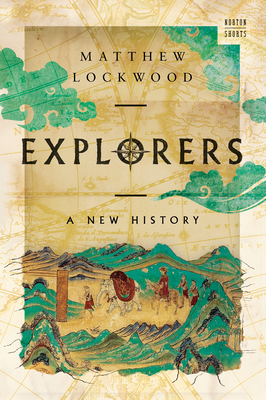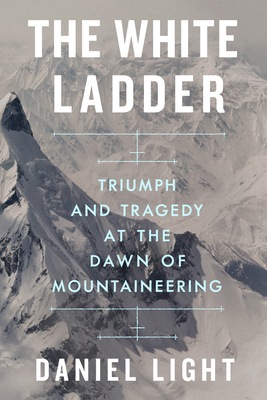
Unfurling a tapestry of surprising and historically overlooked figures spanning forty centuries and six continents, historian Matthew Lockwood narrates lives filled with imagination and wonder, curiosity, connection, and exchange. Familiar icons of exploration like Pocahontas, Columbus, Sacagawea, and Captain Cook find new company in the untold stories of people usually denied the title "explorers," including immigrants, indigenous interpreters, local guides, and fugitive slaves. He highlights female voyagers like Gudrid Far-Traveler and Freydís Eiríksdóttir, Viking women who sailed to North America in 1000 AD, and Mary Wortley Montagu, whose pioneering travels to Constantinople would lead to the development of the world's first smallpox vaccine. Figures like Ghulam Rassul Galwan, a guide for European travelers in the Himalayas, reveal the hidden labor, expertise, and local enthusiasm behind many grand stories of discovery. Other characters, like David Dorr, a man born into slavery in New Orleans who embarked on a Grand Tour of Europe and Egypt, embody discovery and wonder as universal parts of the human condition.
As Lockwood makes clear, people of every background imagine new worlds. Adventurers from every corner of the globe search for the unknown and try to understand it, remaking the world and themselves in the process. Exploration is for everyone who sets off into the unknown. It is the inheritance of all.







